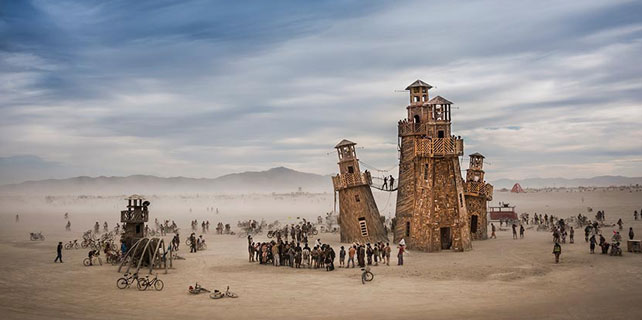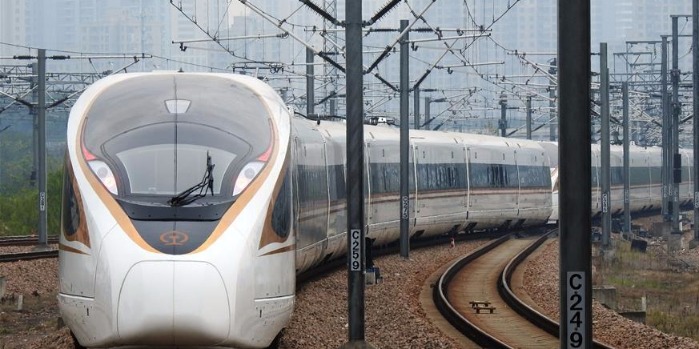China's solution for global governance
Benefits expected all around in nation's vision of building an equal, open and peaceful world
The phrase "building a community of shared future for mankind", which President Xi Jinping has frequently referred to at home and abroad, reflects not only China's global governance philosophy, but also its determination to help build an equal, open and peaceful world.
Xi reiterated this vision and commitment at the 25th Asia-Pacific Economic Cooperation Economic Leaders' Meeting in Da Nang, Vietnam, as well as during his state visits to Vietnam and Laos.
He encouraged APEC leaders to join China to pursue multilateralism and shared growth through consultation and collaboration, as well as to forge closer partnerships. He also called upon APEC leaders to promote innovation as a strong growth driver, open up their economies and pursue inclusive development, so that the benefits are delivered to all involved.
Xi said that since actions speak louder than words, cooperation and partnership have been the key words in China's foreign policy.
During US President Donald Trump's recent visit to China, the two world powers signed contracts and investment agreements worth $253.5 billion (215.9 billion euros; £191.3 billion), a positive outcome for world trade and international stability.
On Nov 1, China and Russia inked nearly 20 deals in fields such as investment, energy and space exploration after the 22nd regular meeting between the heads of government of the two countries in Beijing, which once again highlighted the comprehensive coordination and strategic partnership between the two sides.
China knows full well that for any regional trade arrangement to garner broad support, it must be open, inclusive and beneficial to all. So it will proceed on the road to building a community of shared future for humankind by persistently advocating free trade and welcoming the world to benefit from China's rapid development.
The Belt and Road Initiative, comprising the Silk Road Economic Belt and the 21st Century Maritime Silk Road, illustrates the philosophy and vision of a shared future for mankind. Proposed by Xi in 2013, the initiative is aimed at building trade and infrastructure networks connecting Asia with Europe and Africa via land and sea routes.
And the proposal to establish a Free Trade Area of the Asia-Pacific, which was put forward at the 2014 APEC Economic Leaders' Meeting in Beijing, demonstrates China's determination to help build an open and integrated regional and global economy, since the FTAAP will add $2.4 trillion to the world economy, according to the Pacific Economic Cooperation Council.
China's vision of building a community of shared future for humankind on the basis of mutual benefit and win-win cooperation is different from the zero-sum game that dominated international relations for years. "China will never seek hegemony or engage in expansion," said Xi, also general secretary of the Communist Party of China Central Committee, in his report to the 19th National Congress of the CPC last month.
China is now taking the lead in helping transform the winner-takes-all game into an all-winners game.
For example, on Nov 13, China asked the ASEAN leaders' meeting to start consultations on the text of a Code of Conduct in the South China Sea to contribute to the building of a more peaceful and sustainable international order. All parties involved believe that peace is mandatory for development, and cooperation can boost shared growth.
As the world faces the rising risks of protectionism and unilateralism, China's commitment to build a community of shared future for mankind has created new opportunities for the international community, especially underdeveloped and developing countries, to join hands and develop together.
Xinhua News Agency
(China Daily European Weekly 11/24/2017 page12)


















